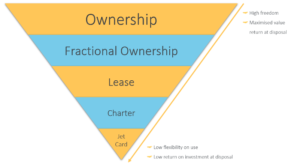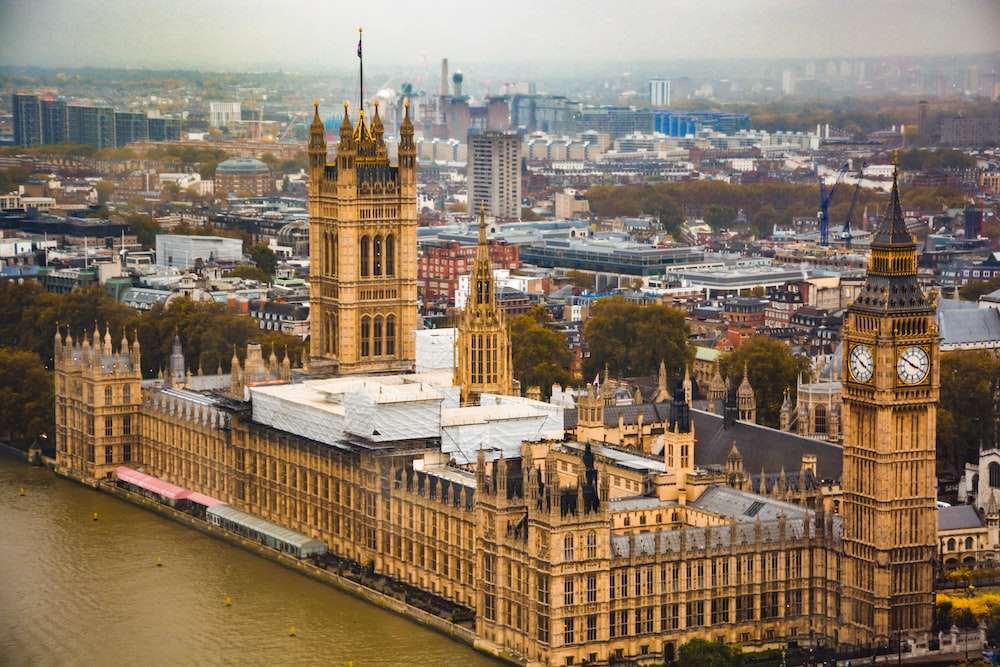Does ownership matter? Do we need to own something to get its full potential or realise its full value? Is ownership the key to success just because it has always been that way?
Being successful historically meant: get educated, get a job, buy a house. It was drilled into us because that is what our parents aspired to and every generation before – a desire to accumulate assets was thought to be the way to accumulate wealth.
With sky high interest and inflation of asset prices, ownership is becoming a difficult dream. In the current climate even renting is a struggle for many across most developed economies.
Yet we all still hanker to own something.
From a legal perspective, owning something is about establishing a person’s right to possess and control that thing (such as an idea, property or aircraft). John Locke’s theory of “homesteading” brought about the contemporary notion of private property in the 17th century; Locke’s ideas gave rise to our collective understanding that acquisition of assets like property takes place through voluntary trade, inheritance, gifts or collateral.
But does this matter in 2024? Or are we (in the words of Elvis) ‘caught in a trap’ – a trap that exists in our mind, but not in reality?
There is a perceived notion that freedom goes hand in hand with ownership. Once you own something, other than restrictions that local, national or international regulations may impose, you are free to do with your property as you wish.
While there are other ways of gaining access to an asset without owning it (a lease for example), each step back from ownership increases the restrictions on control, access and use of property. The further away you step from ownership, the less freedom you have and there is a reduction on return on the original investment made at the point of disposal of the property.

In the complex world of business aviation, there has been an ‘evolution’ in terms of ownership.
The starting notion was that of “ownership” of the aircraft asset. The second was to give us access to this asset through fractional ownership.
Leasing and charter followed. Now we have jet cards and flight sharing too.
Each step further from ownership has increased accessibility to business aviation by reducing cost and barriers to entry. The rethink of access and usages has democratised business aviation.
However, the rethink of ownership has moved the purchaser further away from realising the value which attract people to the industry in the first place – the freedom to fly whenever, and wherever wanted and the saving on time compared to commercial airlines.
Entering 2024, business aviation will not only be challenged in respect of owning new aircraft, but also the ownership of technology behind the next generation of aircraft. The benefits of holding intellectual property (IP), patents and trademarks in separate corporate vehicles are well established:
- the potential for tax savings or tax preservation (both now and in the future);
- efficiency in managing (and using) your assets;
- limiting risk and liability; and
- a reduction in litigation threats and bankruptcy remoteness.
However, in the rush to get ahead in the new era of aviation design and innovation, many of the smartest minds (and biggest investors) often consider ownership of their ideas too late and to their financial detriment.
With this in mind, business aircraft owners, would-be owners and stakeholders should consider the following:
- Ownership is something that, whether we want to accept it or not, most of us aspire too.
- Ownership gives freedom and flexibility.
- Ownership allows the ability to say ‘that is mine’ – pride in ownership is even greater when we created the object of ownership – an idea, a design, a theory etc.
- Ownership can protect owners, partners and investors when well thought out.
In an era when we see amazing aviation innovation, the challenge will be to ensure the same level of care is taken to choosing how your property and aircraft are owned to ensure ideas, designs and innovation are protected through ownership.
2024 will challenge innovators to own their ideas in a way that will provide them the maximum flexibility, freedom and value for the future.



